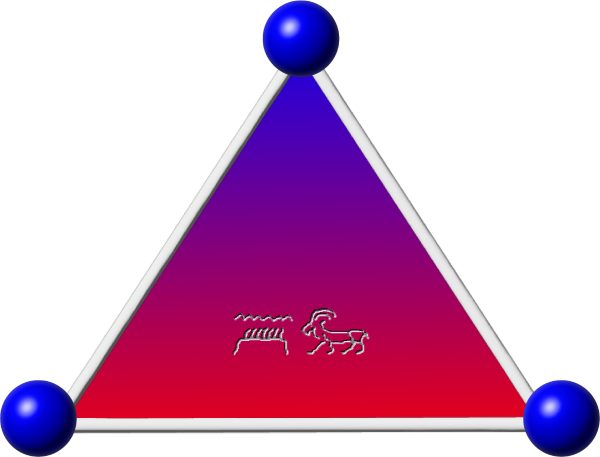These books are selected from my aer.io store on the topic of process theology.
What is Process Theology?
I like to draw out the extremes and a few points on a spectrum of views on any topic, particularly in theology. There rarely are just two sides. Process theology sees God as both active and interactive. Often you can tell a great deal about a theological position by what they take most literally (questionable term) or directly. If a process theologian reads “The LORD regretted that he had made human beings …” (Genesis 6:6), she has no reason to question that the Lord really did regret. An orthodox theologian might well be trying to explain how this explains the situation in human terms, or something similar, but in process theology, God can regret. To see how this applies, read Jonah: When God Changes, a look at the book of Jonah in which God changes (or seems to change) God’s mind. For a more complete, yet accessible and short definition of process theology, try Process Theology: Embracing Adventure with God. (Both books are in the collection below.)
Points on the Spectrum
I like to identify four points on the spectrum to help understand what process theology is. These are Calvinism, Arminianism, Open Theism, and Process Theology. There is a danger in this spectrum in that it only deals with how each approach deals with God’s sovereignty and relationship to the universe. There are, of course, many other differences between these positions, but many grow out of this basic difference.
Calvinism
Calvinism emphasizes the sovereignty and unchangeability of God. While Calvinism has free will as a doctrine, to those looking from outside this theology it looks like this free will lacks a practical manifestation. What happens is planned absolutely by God. From this we get predestination.
Arminianism
Arminianism still sees God as the planner, but God allows the decisions of people to have impact on what happens. God still predestines, but he does so as he foresees that people will choose. Thus God could not, in the human sense, regret making humanity in the view of the Arminian, any more than in the view of the Calvinist.
Open Theism
In Open Theism, God is seen as creating the universe with freedom and giving up foreknowledge so as to interact with humans in an interactive way. God does not know what God chooses not to know, but God could know everything, should God choose to work in that way.
Process Theology
God does, in fact interact with the universe, and can be surprised by the things that happen in it. Creation is made a characteristic of the creation as well as of the creator.
Short Definitions
These are very short statements and doubtless miss a great deal of what each group would say about their own theology. I recommend reading an introductory text by a proponent of each view. I may at some time provide collections for each of these positions, but I don’t want to recommend single books. Search for introductory books on Google, and you’ll find a number of them.


